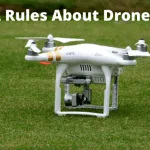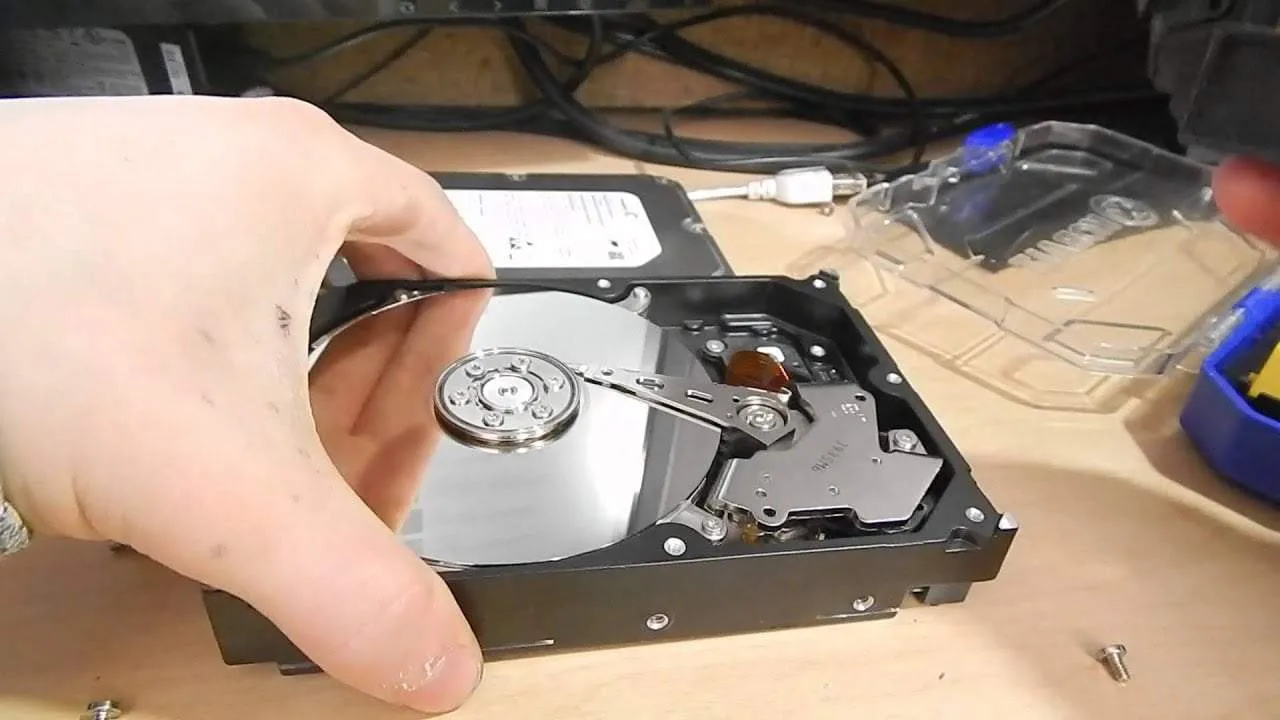Why hard drives crash is a common question asked by all computer users. Unfortunately, this is often the case of most hard drives. The most obvious cause for hard drive crashes is human error.
When you attempt to access information that’s no longer on your drive, the operating system mistakenly believes that the drive has crashed. This causes the computer to attempt to restructure the drive so that it can read the files that are currently located on it.
Unfortunately, sometimes that restructuring process cannot be completed in the allotted time period and a hard drive crash occurs. This is when you need to know why hard disk crashes occur. If you’re experiencing this type of problem, then it’s important that you perform the necessary steps in order to ensure the continued efficiency of your computer.
One of the most likely reasons why this type of event occurs is due to physical damage. Physical damage to a hard drive can be caused through a number of different events.
Physical errors can occur when the hard drive is physically crashed or when it undergoes a number of different processes. When physical damage is a possible cause for disk failure, you should consider a backup strategy before attempting the recovery process.
Aside from physical damage, another possible reason why hard drives fail is due to a collision. What we mean by collision is when two threads of the operating system crash at the same time.
Typically, this happens when the operating system forks while reading a file or when it performs a commit action. In these instances, both reads or writes will be performed at the same time causing the system to collide.
How to recover from a hard drive crash? When your computer crashes, it’s important that you take a few moments to evaluate the situation. If you’re able to quickly determine which drive has crashed, you should continue to that drive and perform a data recovery operation. The following are the most common methods for recovering a deleted file:
If you’re unable to locate the source of the problem, you should consider a data loss recovery method. If you attempt to recover the data without first eliminating the erroneous files, you may risk overwriting the lost data.
Data recovery software programs are able to detect and remove corrupted files and other problematic files. Additionally, these programs have the ability to restore your lost data to a previous date.
Another possible reason why your computer crashed is due to a mechanical spindle motor failure. Mechanical hard drives contain moving parts which can overheat and crash if there is not enough cooling air flowing through the device. To determine whether or not this is the reason your drive crashed, you should open the case and check the fans and bearings.
Hard drive crashes can be extremely frustrating and cause data loss if they occur while you are working on something. It’s important that you perform a test drive of your operating system just in case there was ever a data loss and to avoid wasting your time doing a re-installation.
By performing a proper test and avoiding the aforementioned mistakes, you should be able to avoid having a hard drive crash.
PC tech support can provide you with the best solutions to prevent hard disk crashes. However, these solutions do not always solve all problems. If you are experiencing a data loss, then the best solution is to run a full disk scan, repair the drive, and install the latest operating system. This will not only prevent hard disk crashes, but will also fix any errors present on the unit.
The Top 5 Reasons Why Hard Drives Crash – And How to Protect Your Data
Hard drive crashes are a nightmare for computer users, resulting in the potential loss of valuable data and precious memories. Understanding the common causes of hard drive crashes is crucial in order to take preventive measures and safeguard your data. In this blog post, we will explore the top 5 reasons why hard drives crash and provide tips on how to protect your data from such disasters.
- Physical Damage: One of the leading causes of hard drive crashes is physical damage. Accidents such as dropping your computer, spilling liquids on your laptop, or bumping your desktop tower can result in damage to the delicate components inside the hard drive.
Scratched platters, misaligned or damaged read/write heads, or failed motor can all lead to a hard drive malfunction or complete failure. To protect against physical damage, handle your computer with care, avoid exposing it to liquids, and use protective cases or bags for laptops when transporting them. - Overheating: Hard drives generate heat as they operate, and if they get too hot, it can cause internal components to degrade and result in a hard drive crash. Insufficient cooling mechanisms, such as malfunctioning fans or clogged air vents, or operating your computer in an environment with poor ventilation, can all contribute to overheating.
To prevent overheating, make sure your computer’s cooling system is functioning properly, clean the air vents regularly, and avoid using your computer on soft surfaces that can block air flow. - Software Issues: Software-related problems can also lead to hard drive crashes. Corrupted system files, malware or virus attacks, or operating system failures can all cause the hard drive to malfunction or crash.
It’s crucial to have reliable antivirus software installed and updated on your computer, avoid downloading suspicious files or visiting malicious websites, and regularly update your operating system and software to protect against software-related issues. - Age and Wear-and-Tear: Hard drives have a limited lifespan, and as they age, their internal components can degrade, increasing the risk of failure. Regular usage, frequent data transfers, and heavy workload can also wear down the hard drive over time, leading to eventual failure.
It’s important to be mindful of the age of your hard drive and consider replacing it before it reaches its expected lifespan. Additionally, avoiding excessive workload, defragmenting your hard drive regularly, and keeping it cool can help extend its lifespan. - Power Surges or Outages: Sudden power surges or outages can also cause hard drive crashes. Power fluctuations can damage the internal components of the hard drive, resulting in data corruption or even physical damage.
To protect against power-related issues, use a reliable surge protector for your computer, avoid abruptly shutting down your computer during power outages, and consider using an uninterruptible power supply (UPS) to provide temporary power during outages.
Summary – Conclusion:
Why hard drives crash is due to all of the above reasons and more. But there is a simple solution. The best solution is to simply format the disk and re-install Windows. You see, if you do not format the disk, and re-install Windows, then you risk losing all the data on the disk.







